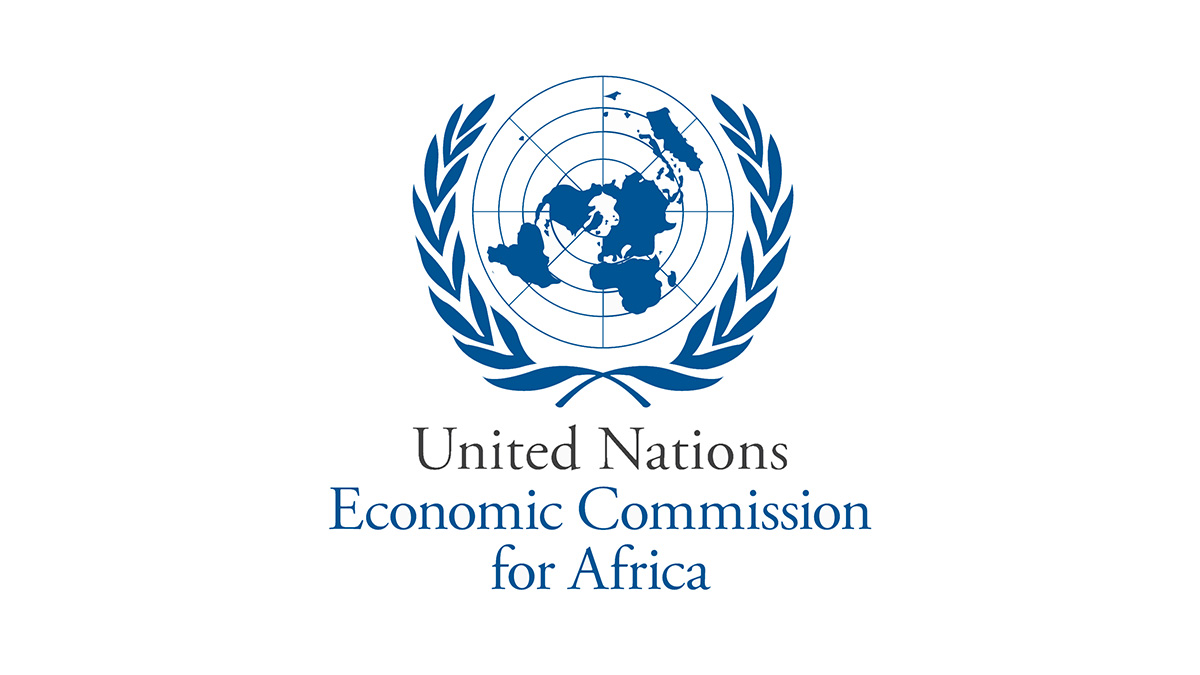Posting Title: Director, D1
Job Code Title: Principal Coordination Officer
Department/Office: Economic Commission for Africa
Duty Station: YAOUNDE
Posting Period: 30 January 2022 – 15 March 2022
Job Opening Number: 22-Programme Management-ECA-173348-R-Yaounde (G)
United Nations Core Values: Integrity, Professionalism, Respect for Diversity
Organisational Setting and ReportingECA’s mission is to deliver ideas and actions for an empowered and transformed Africa; informed by the 2030 Agenda and Agenda 2063.
The mission will be guided by ECA’s five new strategic directions which are: advancing ECA’s position as a premier knowledge institution that builds on its unique position and privilege to bring global solutions to the continent’s problems and take local solutions to the continent; developing macroeconomic and structural policy options to accelerate economic diversification and job creation; designing and implementing innovative financing models for infrastructure, and for human, physical and social assets for a transforming Africa; contributing solutions to regional and transboundary challenges, with a focus on peace security and social inclusion as an important development nexus; advocating Africa’s position at the global level and developing regional responses as a contribution to global governance issues.
The Sub-Regional office for Central Africa (SRO-CA) is located in Yaoundé (Cameroon). It is headed by a Director who
reports to the Deputy Executive Secretary (Programme).
Responsibilities
Formulates and implements the substantive work programme of the Sub-regional Office (SRO) under his/her supervision. Oversees the management of activities undertaken by the SRO, ensures that programmed activities are carried out in a timely fashion and co-ordinates work in the different areas both within the Division and Department, and with other organizations of the United Nations System, as appropriate.
1. Leads, supervises and carries out the work programme of the Sub-regional Office (SRO) under his/her responsibility, including management of the multiyear programme with relevant Regional Economic Commission donors and agencies as appropriate.
- Co-ordinates the work carried out by different work units under the SRO
- Provides programmatic/substantive reviews of the drafts prepared by others in a timely fashion, and, in liaison with the other divisions/SROs of ECA and the UN System
- Provides intellectual, technical and managerial vision and leadership for the SRO.
- In the context of the sub-region, assesses economic and social development needs, develops policy, organizes, research, designs and executes programme initiatives, and monitors results in close collaboration with ECA Divisions and SROs.
- Co-ordinates and oversees the preparation of reports and provides substantive input in the preparation of position papers and reports for presentation to Intergovernmental Committee of Senior Officials and Experts, for presentation to intergovernmental bodies such as the inter-governmental committee of experts and the Conference of African Ministers of Finance, Planning and Economic Development and other policy-making organs, as appropriate.
2. Serves as principal technical and substantive adviser to the Executive Secretary on all matters pertaining to economic diversification and transformation, macroeconomic issues, trade and regional integration and cooperation in the Central Africa sub-region and to the SRO.
- Develops programmes and provides substantive technical support and advisory services to member States on relevant development issues that contribute to accelerating the pace of economic diversification in Central Africa.
3. Administrative Functions:
-
- Coordinates and oversees preparations of reports to intergovernmental bodies on budget/programme performance or on programmatic/ substantive issues, as appropriate, particularly those presented in biannual and/or annual reports. c6CmPVj CWdGWc
- Ensures that the research outputs produced by the SRO maintain high-quality standards; that reports are clear, objective and based on comprehensive data. Ensures that all outputs produced by the Sections under his/her supervision meet required standards before completion to ensure they comply with the relevant mandates and are disseminated to policymakers in the sub-region.
- Prepares the work programme of the SRO, determining priorities, and allocating resources for the completion of outputs and their timely delivery.
- Undertakes or oversees the programmatic/administrative tasks necessary for the functioning of the SRO, including preparation of budgets, reporting on budget/programme performance, evaluation of staff performance (PAS), interviews of candidates for job openings, evaluation of candidates and preparation of inputs for results-based budgeting.
-
- Manages, supervises and provides programmatic and substantive leadership in preparing policy papers and reviews drafts prepared by others.
- Represents the Division at international, regional or national meetings.
4. Supervisory and Managerial Functions:
- Recruits staff, taking due account of geographical balance.
- Manages, guides, develops and trains staff under his/her supervision.
- Fosters teamwork and communication among staff in the Branch/Service/Division and across organizational boundaries.
- Leads and supervises the organization of meetings, seminars, etc. on substantive issues. Manages the substantive preparation and organization of such meetings or seminars. Performs other duties as assigned.
Competencies- PROFESSIONALISM: Expert knowledge in the field of regional integration and social and economic structural transformation in the context of Africa, including economic diversification; has proven ability to produce reports and documents on such issues and to review and edit the work of others; is able to manage the work of a team requiring an in-depth understanding of its strategic direction and is able to integrate the work of the SRO into the work programme of UNECA. Is able to provide expert advice on substantive issues and to defend and explain difficult issues with respect to key decisions and positions to staff, senior officials and members of the intergovernmental bodies. Shows pride in work and in achievements; demonstrates professional competence and mastery of subject matter; is conscientious and efficient in meeting commitments, observing deadlines and achieving results; is motivated by professional rather than personal concerns; shows persistence when faced with difficult problems or challenges; remains calm in stressful situations.
PLANNING & ORGANIZING: Develops clear goals that are consistent with agreed strategies; identifies priority activities and assignments; adjusts priorities as required; allocates appropriate amount of time and resources for completing work; foresees risks and allows for contingencies when planning; monitors and adjusts plans and actions as necessary; uses time efficiently.
ACCOUNTABILITY: Takes ownership of all responsibilities and honours commitments; delivers outputs for which one has responsibility within prescribed time, cost and quality standards; operates in compliance with organizational regulations and rules; supports subordinates, provides oversight and takes responsibility for delegated assignments; takes personal responsibility for his/her own shortcomings and those of the work unit, where applicable.
LEADERSHIP: Serves as a role model that other people want to follow: empowers others to translate vision into results; is proactive in developing strategies to accomplish objectives; establishes and maintains relationships with a broad range of people to understand needs and gain support; anticipates and resolves conflicts by pursuing mutually agreeable solutions; drives for change and improvements; does not accept the status quo; shows the courage to take unpopular stands. Provides leadership and takes responsibility for incorporating gender perspectives and ensuring the equal participation of women and men in all areas of work; demonstrates knowledge of strategies and commitment to the goal of gender balance in staffing.
JUDGEMENT/DECISION-MAKING: Identifies the key issues in a complex situation, and comes to the heart of the problem quickly; gathers relevant information before making a decision; considers positive and negative impacts of decisions prior to making them; takes decisions with an eye to the impact on others and on the Organization; proposes a course of action or makes a recommendation based on all available information; checks assumptions against facts; determines that the actions proposed will satisfy the expressed and underlying needs for the decision; makes tough decisions when necessary.


 Offres d'emploi - Job Opportunitiesil y a 3 ans
Offres d'emploi - Job Opportunitiesil y a 3 ans
 Doualail y a 3 ans
Doualail y a 3 ans
 Bamendail y a 3 ans
Bamendail y a 3 ans
 Offres d'emploi - Job Opportunitiesil y a 3 ans
Offres d'emploi - Job Opportunitiesil y a 3 ans
 Doualail y a 3 ans
Doualail y a 3 ans
 Offres d'emploi - Job Opportunitiesil y a 3 ans
Offres d'emploi - Job Opportunitiesil y a 3 ans
 Offres d'emploi - Job Opportunitiesil y a 3 ans
Offres d'emploi - Job Opportunitiesil y a 3 ans
 Doualail y a 3 ans
Doualail y a 3 ans







